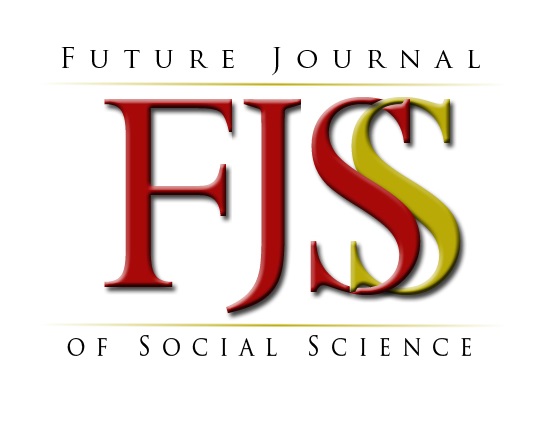Future Journal of Social Science

DOI
10.54623/fue.fjss.1.1.3
Abstract
Although Egypt experienced an unprecedented wave of political violence post-2011, terrorism in the North Sinai province is distinct in terms of sheer numbers, lethality, operational sophistication, and the range of actors involved in carrying out attacks. The objective of this paper is to provide an empirical explanation for why terrorism in Northern Sinai started earlier, lasted longer, was more frequently claimed, and was simply more deadly than in other Egypt provinces. The paper utilizes in-depth interviews with representatives of NGOs in Northern Sinai, journalists, residents, and security officials, as well as socio-economic data, terrorist incidents, and counter-terrorism operations to analyze the trends that have emerged since 2013. Initial conclusions suggest that ungovernability increases the opportunity of terror, but selective state presence, provides the trigger for escalation. For the sake of enriching the literature, this paper provides an analytical explanatory framework that expands the concept of ungovernability to include measures of relative depravation and repression.
Recommended Citation
Ashour, Karim
(2022)
"Selective State Penetration: The Nexus between Ungovernability and Terrorism in Egypt’s Northern Sinai (2011-2016),"
Future Journal of Social Science: Vol. 1:
Iss.
1, Article 3.
DOI: 10.54623/fue.fjss.1.1.3
Available at:
https://digitalcommons.aaru.edu.jo/fjss/vol1/iss1/3

